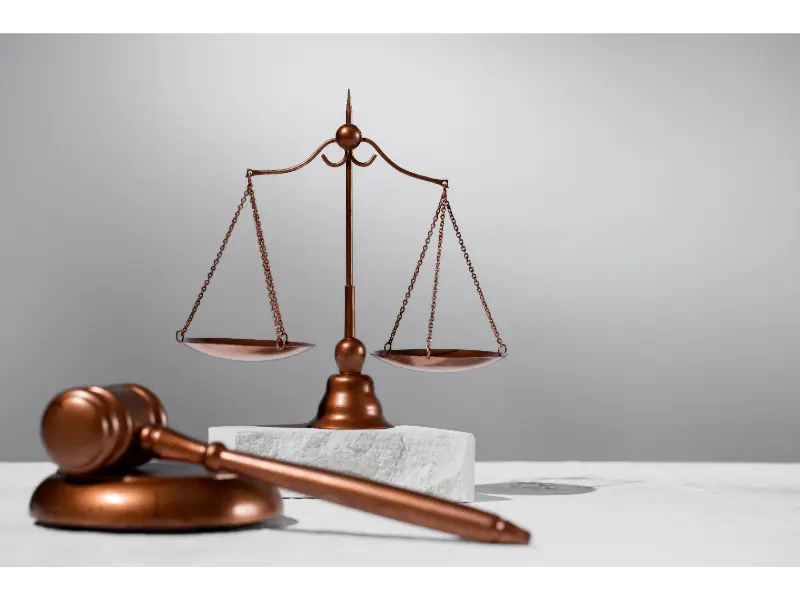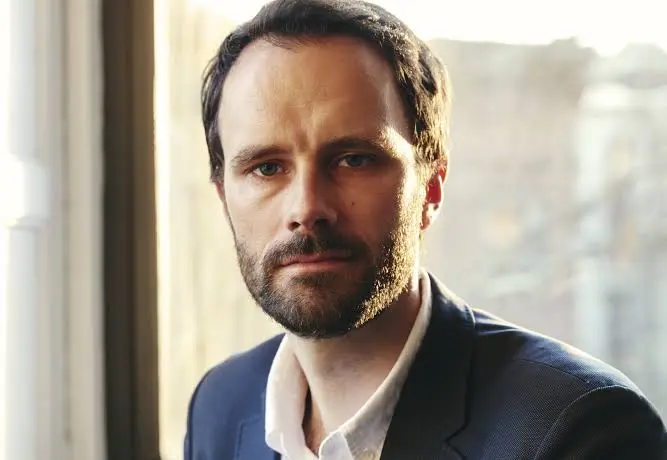- Microsoft and openAI have been accused of infringement like OpenAI has copied tens of thousands of nonfiction books without permission.
- The lawsuit could test the emerging legal framework for generative AI technology.
Copyright matters with ChatGPT
OpenAI and Microsoft were sued on Tuesday over claims that they misused the work of nonfiction authors to train the artificial intelligence models that underlie services like OpenAI’s chatbot ChatGPT.
OpenAI copied tens of thousands of nonfiction books without permission to teach its large language models to respond to human text prompts, said author and Hollywood Reporter editor Julian Sancton, who is leading the proposed class action filed in Manhattan federal court.
One of several lawsuits brought against OpenAI and other tech companies by a group of copyright owners, including authors John Grisham, George R.R. Martin, and Jonathan Franzen, accuses the companies of misusing their work to train AI systems. Thornton’s lawsuit is the first against OpenAI that also names Microsoft as a defendant.The company has invested billions of dollars in the A.I. startup and is integrating OpenAI’s systems into its own products.
OpenAI declined to comment on Tuesday’s lawsuit, saying it was ongoing. Microsoft representatives, meanwhile, did not immediately respond to a request for comment.
Thornton’s lawyer, Justin Nelson, said in a statement that OpenAI copied non-fiction books, which also included his “Madhouse at the End of the Earth: A Belgian’s Journey Into a Dark Antarctic Night,” to train its GPT large-scale language model.Thornton is seeking unspecified monetary damages and an order to stop the alleged infringement.The New York Times has hired law firm Susman Godfrey as its lead outside counsel in the lawsuit, requiring the two companies to destroy any chatbot models and training data models that use copyrighted material from The Times. Microsoft and OpenAI have not yet responded to requests for comment.
The lawsuit contains a number of allegations, mostly around intellectual propery rights. These allegations include:
Copyright Infringement: The authors contend that OpenAI’s AI models, particularly ChatGPT, have been “trained” using their copyrighted materials. This effectively violates their intellectual property rights on a mass scale.
Also read: Literary Titans Unite in Lawsuit Against OpenAI for Copyright Infringement
Is this a legal revolution in AI?
The lawsuit could test the emerging legal framework for generative AI technology.

The lawsuit could test the emerging legal framework for generative AI technology. In its lawsuit, The Times alleges that OpenAI and Microsoft are “trying to free-ride on the massive investment The Times has already made in journalism,” saying they are “using Times content without paying for it, creating an alternative to The Times and using it to drive audiences away.”
The New York Times also said it had approached Microsoft and OpenAI as early as April, expressing concerns about the companies’ use of their intellectual property-protected content and exploring the possibility of “an amicable solution,” which could include a commercial agreement and “technical limitations” surrounding generative AI products. Obviously, the talks did not produce a solution.
The New York Times lawsuit cites several cases in which it shows that chatbots provide users with content that is nearly word-for-word identical to Times articles that require a paid subscription to read on The Times website. This is obviously a very unfair act.The New York Times warned that certain procedural issues with AI could potentially harm the brand reputation of media outlets, as chatbots insert false information into responses and falsely attribute it to a source. The complaint also cites several cases in which Microsoft’s Bing Chat provided misinformation purportedly from the New York Times.For example, Bing Chat provides search results for “the 15 most heart-healthy foods,” 12 of which were not mentioned in the corresponding New York Times article.
As generative AI continues to flourish over the past year, media organizations have been studying how this boom will affect their legal, financial, and journalistic practices.

